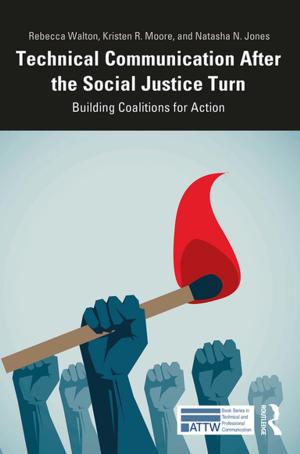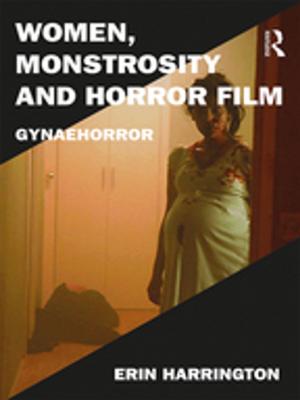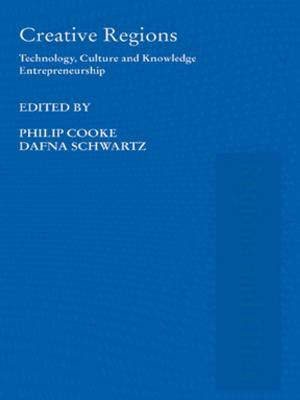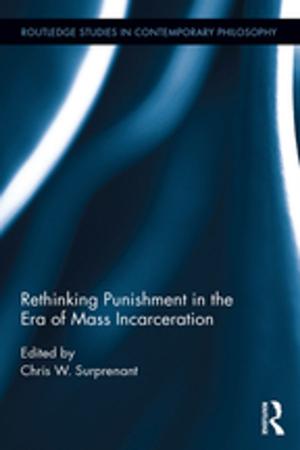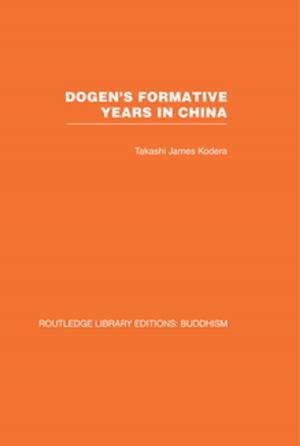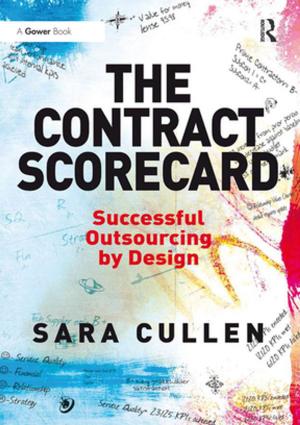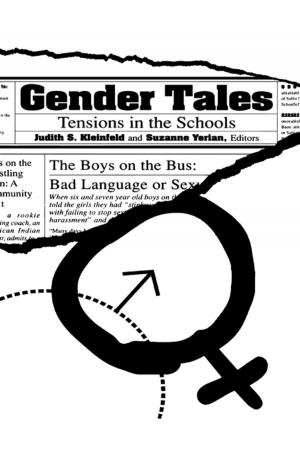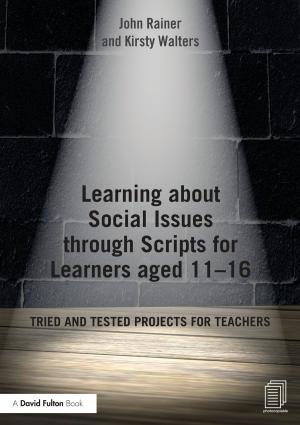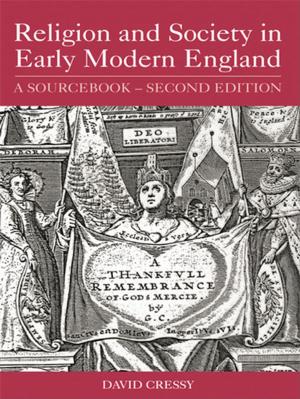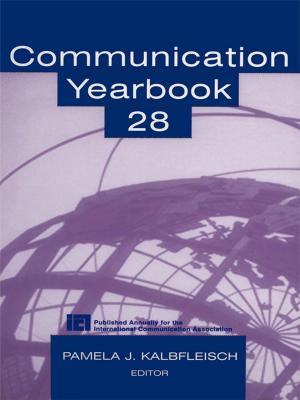| Author: | Paul D. Streufert | ISBN: | 9781351942461 |
| Publisher: | Taylor and Francis | Publication: | December 5, 2016 |
| Imprint: | Routledge | Language: | English |
| Author: | Paul D. Streufert |
| ISBN: | 9781351942461 |
| Publisher: | Taylor and Francis |
| Publication: | December 5, 2016 |
| Imprint: | Routledge |
| Language: | English |
In this essay collection, the contributors contend that academic drama represents an important, but heretofore understudied, site of cultural production in early modern England. Focusing on plays that were written and performed in academic environments such as Oxford University, Cambridge University, grammar schools, and the Inns of Court, the scholars investigate how those plays strive to give dramatic coherence to issues of religion, politics, gender, pedagogy, education, and economics. Of particular significance are the shifting political and religious contentions that so frequently shaped both the cultural questions addressed by the plays, and the sorts of dramatic stories that were most conducive to the exploration of such questions. The volume argues that the writing and performance of academic drama constitute important moments in the history of education and the theater because, in these plays, narrative is consciously put to work as both a representation of, and an exercise in, knowledge formation. The plays discussed speak to numerous segments of early modern culture, including the relationship between the academy and the state, the tensions between humanism and religious reform, the successes and failures of the humanist program, the social profits and economic liabilities of formal education, and the increasing involvement of universities in the commercial market, among other issues.
In this essay collection, the contributors contend that academic drama represents an important, but heretofore understudied, site of cultural production in early modern England. Focusing on plays that were written and performed in academic environments such as Oxford University, Cambridge University, grammar schools, and the Inns of Court, the scholars investigate how those plays strive to give dramatic coherence to issues of religion, politics, gender, pedagogy, education, and economics. Of particular significance are the shifting political and religious contentions that so frequently shaped both the cultural questions addressed by the plays, and the sorts of dramatic stories that were most conducive to the exploration of such questions. The volume argues that the writing and performance of academic drama constitute important moments in the history of education and the theater because, in these plays, narrative is consciously put to work as both a representation of, and an exercise in, knowledge formation. The plays discussed speak to numerous segments of early modern culture, including the relationship between the academy and the state, the tensions between humanism and religious reform, the successes and failures of the humanist program, the social profits and economic liabilities of formal education, and the increasing involvement of universities in the commercial market, among other issues.



